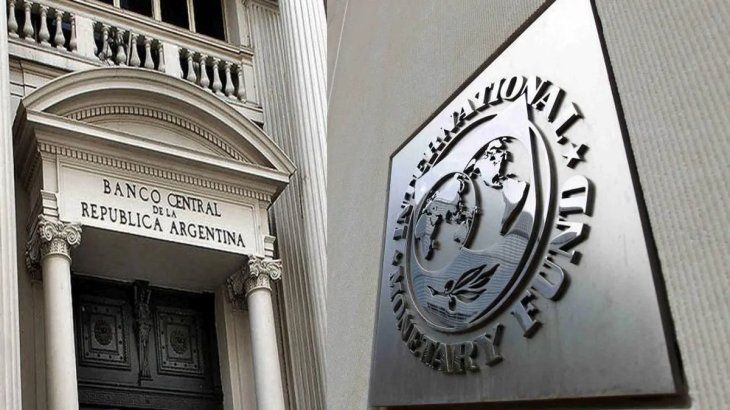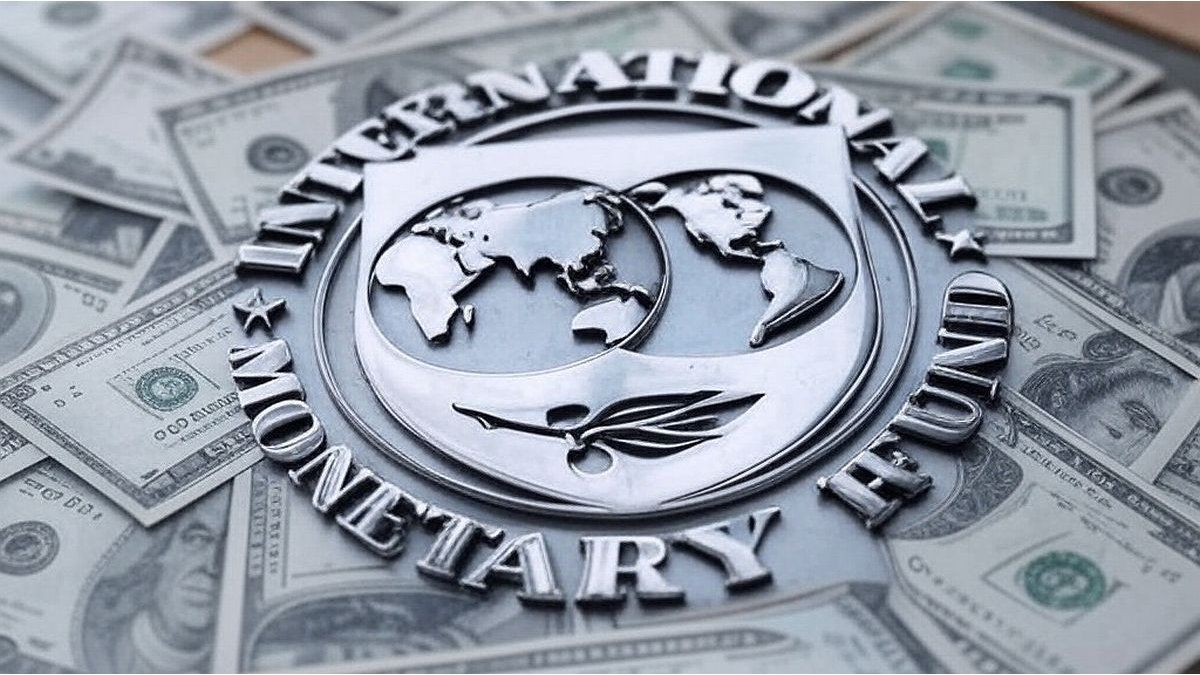Although goals were flexible and reviews will be spaced, the fund warned of the low level of reserves, the growing external deficit and asked to maintain a contractive monetary approach.
The National Government will receive a new disbursement of US $ 2,000 million by the International Monetary Fund (IMF)corresponding to the Extended Facilities Agreement (EFF) signed in April, which will allocate to reinforce international reserves and to fulfill debt commitments with the agency itself. In fact, As soon as the turn is completed, the treasure must pay about US $824 million In interest and commissions, so 41% of the disbursement will go through the same door that entered almost automatically.
The content you want to access is exclusive to subscribers.
With this second disbursement, the IMF will have turned U $ S now14,000 million of the US $20,000 million agreed In April. That advance was key to stop the loss of reservations and stabilize the exchange schemein exchange for commitments such as the abandonment of controlled sliding of the dollar to 1% monthly, the partial lifting of the stocks and the adoption of a Exchange Flotation Band between $ 1,000 and $ 1,400 per dollar.


Despite this monetary reconfiguration, the IMF reported in its last Staff Report that Argentina did not meet the goal of accumulation of net reserves of the second quarter. At the end of June, the balance was U $ 4,7 billion negativefar from the objective of –US $ 1,100 million. This deviation is attributed to the delay in passing the first review and motivated a downward setting settingwhich was reduced by US $5,000 million.
BCRA FMI.WEBP

With this second disbursement, the IMF will have turned U $ S now14,000 million of the US $20,000 million agreed In April.
Relaxation of the most spacious reservation and monitoring goal
As part of the understanding achieved, the IMF also agreed Modify the frequency of program reviews, which will become semiannual instead of quarterly. The decision responds to the context of high economic voltage that the government crossed in July, marked by a strong rise in rates and renewed pressures on the dollar, which 4% jumped in a single dayreaching the $ 1,380then slightly retreat to $ 1,375 on Friday.
The agency warned that Argentina It is among countries with lower levels of reserves Within the emerging universe, and recommended that the Central Bank assumes a more active role in anticipated currency accumulationas they do Chile, Colombia or Mexico.
External deficit, another IMF concern
Another point of concern for the IMF is the External Front deterioration. According to the report, the current account deficit would close 2025 at US $11.8 billionequivalent to 1.7% of GDPcompared to 0.4% registered in 2024. This dynamic is explained, mainly, by the opening of the CEPO and the Import liberalizationwhich caused a rapid increase in currency demand.
“The commercial surplus is quickly reduced by an increase in imports, in a context of high activity, a currency still relatively strong and a commercial and exchange liberalization,” said the IMF. However, in June a Moderation of 3% monthly at the import levelpossibly reflecting a lower domestic demand and one Real depreciation of weight close to 15% since Aprilaccording to estimates of the technical staff.
Finally, the director of the IMF, Kristalina Georgievainsisted that they stay contractive monetary conditions To sustain the process of Disinflation and remuminationwhile highlighted the need for Improve the monetary policy framework in order to reduce rates volatility and consolidate a more predictable macroeconomic environment.
Source: Ambito




